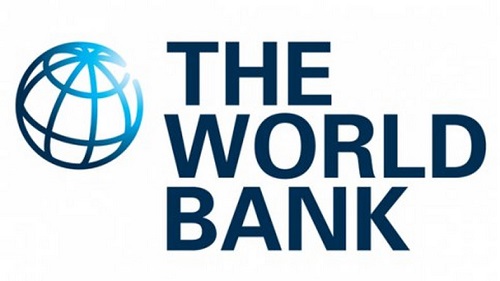Published
6 years agoon
By
Frimpong
The World Bank is predicting a sharp fall in remittances worldwide to about 20% as Coronavirus takes a toll on economies.
The projection is largely due to a fall in the wages and employment of migrant workers, who tend to be more vulnerable to loss of employment and wages during an economic crisis in a host country.
Remittances to low and middle-income countries (LMICs) are projected to fall by 19.7 percent to $445 billion this year.
“Remittances are a vital source of income for developing countries. The ongoing economic recession caused by COVID-19 is taking a severe toll on the ability to send money home and makes it all the more vital that we shorten the time to recovery for advanced economies.”
“Remittances help families afford food, healthcare, and basic needs. As the World Bank Group implements fast, broad action to support countries, we are working to keep remittance channels open and safeguard the poorest communities’ access to these most basic needs,” the World Bank Group’s President David Malpass said.
The World Bank is assisting member states in monitoring the flow of remittances through various channels, the costs and convenience of sending money, and regulations to protect financial integrity that affect remittance flows. It is working with the G20 countries and the global community to reduce remittance costs and improve financial inclusion for the poor.
Remittance flows are expected to fall across all World Bank Group regions, most notably in Europe and Central Asia (27.5 percent), followed by Sub-Saharan Africa (23.1 percent), South Asia (22.1 percent), the Middle East and North Africa (19.6 percent), Latin America and the Caribbean (19.3 percent), and East Asia and the Pacific (13 percent).
In 2021 however, the World Bank estimates that remittances to LMICs will recover and rise by 5.6 percent to $470 billion.

























